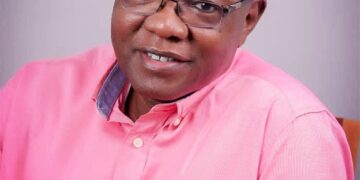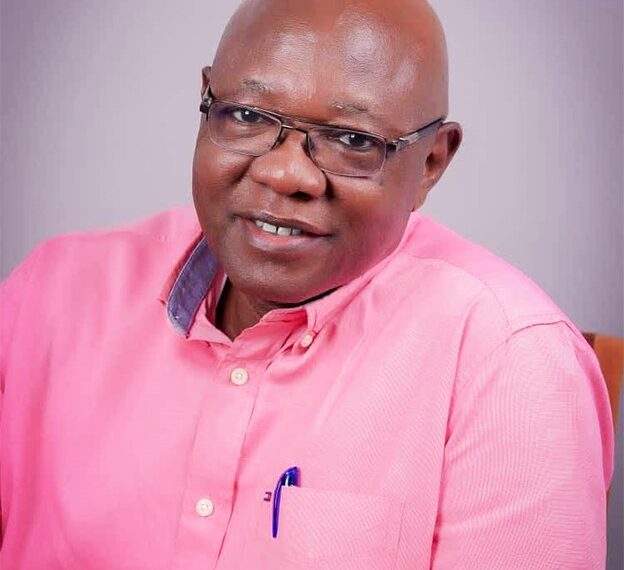As Ghana’s National Democratic Congress (NDC) looks ahead to the 2028 elections, party members are debating who can best sustain President John Dramani Mahama’s Reset Agenda. While no official candidates have emerged, some supporters are advocating for Hon. Akwasi Oppong-Fosu, the current Board Chairman of the Ghana Investment Promotion Centre (GIPC) and Minister for Local Government and Rural Development, as a unifying figure capable of leading the party to victory.
Thomas Dindiego, a former Constituency Communications Officer for the NDC in Amenfi East, argues that Oppong-Fosu’s experience makes him the standout choice. “The NDC must select a leader who can bridge intra-party divides and appeal across generations,” Dindiego said. He emphasized the need to address perceived factionalism within the party, which he views as a key barrier to unity.

Oppong-Fosu, a governance and public policy expert with over 40 years of experience, has served under three presidents: the late Flt. Lt. Jerry John Rawlings, the late Prof. John Evans Atta Mills, and President Mahama. His roles have included Minister of Local Government and Rural Development, Minister of Environment, Science, Technology and Innovation, Minister of State at the Presidency (Development Authorities), Head of Local Government Services, and Deputy Minister for Local Government and Rural Development.

Dindiego praises Oppong-Fosu’s balanced leadership style, describing him as “fair but firm, principled yet approachable.” He believes Oppong-Fosu commands respect from both political sides, making him a credible figure for Ghana’s development challenges. “In the 21st century, leadership requires competence, depth, and experience,” Dindiego noted, highlighting Oppong-Fosu’s international exposure.
Oppong-Fosu has held prominent global positions, including President of the United Cities and Local Governments of Africa (UCLG-Africa, Rabat), Vice President of the United Cities and Local Governments (UCLG, Barcelona), Chairman of the Africa-Caribbean-Pacific Local Government Platform (Brussels), and Member of the UN Advisory Committee on Local Authorities. He also serves on the Advisory Board of the African Business Chamber. Domestically, he founded and chairs the Africa Global Emergence Centre (AGEC), a think tank promoting Africa’s global role, and presides over Africa Growth Solutions, which fosters investment and economic cooperation.

According to Dindiego, these accomplishments position Oppong-Fosu to consolidate Mahama’s gains and represent continuity with the NDC’s founding ideals while appealing to younger voters. “He bridges generational divides, which is essential for sustaining the Reset Agenda,” Dindiego said.

Dindiego warned against risky leadership choices, urging the NDC to prioritize a candidate who inspires the base, unites the hierarchy, and advances Mahama’s transformation vision. Despite other potential contenders, he insists Oppong-Fosu is the ideal pick for 2028.
As the NDC prepares for its next chapter, discussions like these underscore the party’s focus on cohesion and long-term success.




















